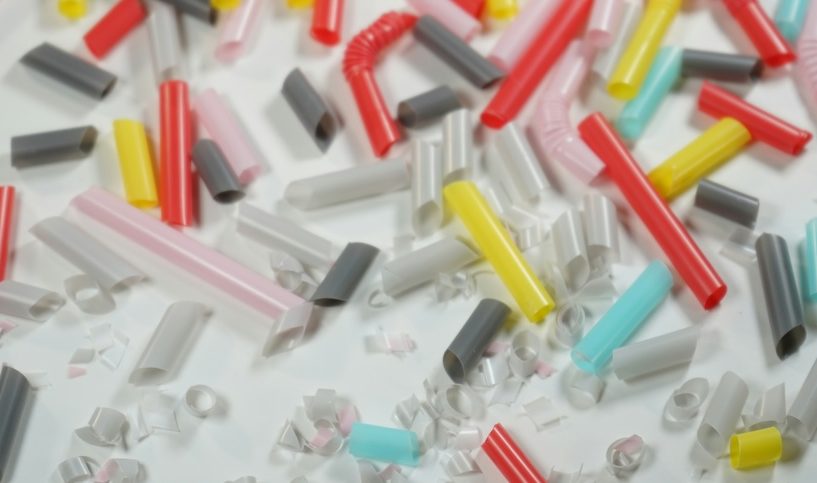In a startling discovery that sheds light on the pervasive nature of plastic pollution, researchers have found microscopic particles of plastic, known as microplastics, inside the human body. This alarming revelation serves as a stark reminder of the detrimental impact of plastic on our health and well-being, urging us to reevaluate our reliance on this ubiquitous material.
Microplastics are tiny plastic particles less than 5mm in size, often invisible to the naked eye. They enter our bodies through various sources such as contaminated food and water, air pollution, and even personal care products. Once ingested or inhaled, these minuscule plastic fragments can accumulate in our organs, tissues, and bloodstream, potentially leading to a range of health issues.
Studies have linked the presence of microplastics in the human body to adverse health effects, including inflammation, oxidative stress, and disruption of the endocrine system. Furthermore, these particles have the potential to carry harmful chemicals and pathogens, posing additional risks to human health.
The prevalence of microplastics in our bodies underscores the urgent need to address the broader issue of plastic pollution. As a society, we must collectively reduce our reliance on single-use plastics and adopt more sustainable alternatives. By minimizing plastic consumption, recycling effectively, and supporting initiatives to clean up our environment, we can mitigate the spread of microplastics and safeguard our health.
Embracing eco-friendly practices and exploring innovative solutions, such as biodegradable materials and reusable alternatives, can help us break free from the harmful cycle of plastic pollution. It is imperative that we act now to protect our planet, our bodies, and future generations from the insidious threat of microplastics. Let us commit to a more sustainable future, where plastic plays a minimal role in our lives, and our health remains uncompromised.










